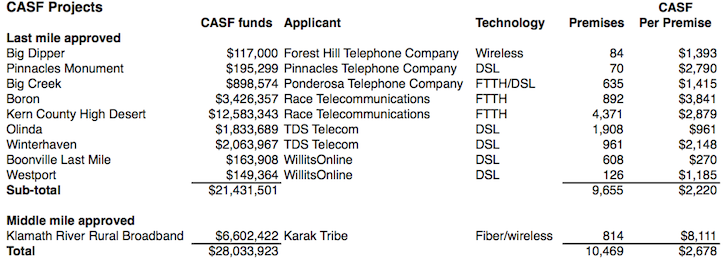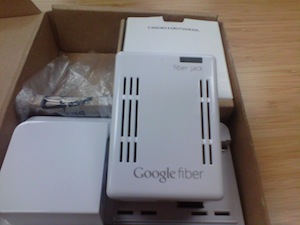LA isn't playing with a full broadband deck
Last week the LA city council endorsed a plan, written by the city’s IT chief, Steve Reneker, and sponsored by freshman councilman Bob Blumenfield to entice private investors into providing ubiquitous broadband coverage to 3.8 million people over nearly 500 square miles.
The city isn’t offering much, though. A ten year deal to handle some of the city’s internal IT and telecoms business is a possibility. So is access to relatively minor city assets – light poles and buildings were mentioned – and maybe a break on permit and approval fees.… More







